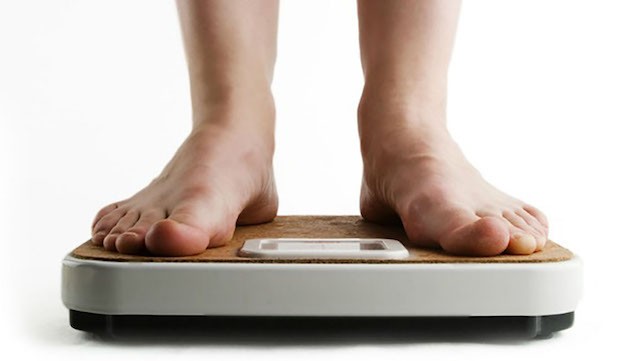Last week, I watched a new episode of This Is Us with my dad. If you know the show, you know one of the three siblings, Kate, portrayed by Chrissy Metz, struggles with weight and body image. The episode focused on the mother, Mandy Moore’s character, and her concern for her daughter’s weight. At the beginning of the episode, she asked Jack, the father played by Milo Ventimigila, to help her by encouraging Kate to exercise.
When he finally sat down with the young Kate and began to tell her she needed to start eating healthier, she asked him,“Daddy, do you think I am fat?”
He responded, “I think you are the best looking person I know.”
And her face fell.
In her interview with Refinery 29, Metz states:
“I’m not ever gonna be a tiny girl, but I have an idea of a size that I would like to be. I’ve always had this idea in my mind, but at the same time, I’m not beating up myself. I’m not saying, ‘I wish I was this, I wish I was that,’ because it’s counterproductive.”
After the scene ended, my dad paused the TV and asked me what Jack should have answered.
Me, a girl too familiar with insecurity and the pursuit of body positivity, had to pause and formulate an answer.
IS SHE “FAT?”
This got me thinking: how do we raise our children to respect and value honesty, to respect and value themselves, while still being honest with them and teaching them the crooked way the world works? How can we, for our friends who always talk of losing weight or “fat,” be a safe place as well as truthful?
I narrowed down the approach Jack might have taken if he lived now, in a steadily increasingly more body-positive world.
The answer to “do you think I’m fat” can be stated in a few different ways.
First, you can ask the person what motivated their question. Do they feel uncomfortable in their body? Did someone at school, work or home tell them this? Establishing first a motivation for the question can help direct the conversation.
FAT IS NOT UNDESIRABLE
If the word “fat” remains connotated with “ugly” or “undesirable,” there inlies the root of the problem. Much of our culture says there is one body that looks “good” in a bikini. There is one ideal of how a female and male body should look. In the 2000s, however, there seems to be a shift. Instead of one size fits all, and body-shaming, we see self-love and acceptance. We see a knowledge that feelings of personal worth begin today… not when you lose 30 pounds.
What Jack could have done was asked his daughter if she thought she was fat. If her answer had been yes, then he could have unpacked that with her. Why do you think you are fat, Kate? And why do you think that the way your body was made is a bad thing that you have to be sad or insecure about? Do you think there is such a thing as a perfect body?
What Jack did was take Kate out to ice cream. Although well intending, this ingrained a sense of comfort in food for Kate. We see throughout the show, a young and an adult Kate wrestling with confidence, eating right and body image.
DEFINING BEAUTY
The show and the way the world is shifting shows us the value in all kinds of beautiful. It is best to take care of our bodies, to be sure. But some people choose to not stress over exercising and eating right. Some people do not have the time or the money to do so, either. We should begin to learn how someone’s value does not lie in the number on a scale. It is a part of who they are, but it is not all that they are. The human is multifaceted and no one can or should be minimalized to their struggles or their health.
“NO, I’M GOOD.”
In her interview, Metz continued:
“Some women and some men feel comfortable being plus-size, or some people feel more athletic, etc. Whatever makes you feel good, that’s what I think you should pursue. I’m kind of in both worlds. Part of me wants to change, and part of me is like, ‘No, I’m good.'”
When thinking about the way we will be encouraging others, raising children and helping mentor coming generations, the twenty-something Christian’s role is to encourage self-enjoyment and the correct seeing of oneself. The answer to the am I fat question can be yes. But one day, perhaps this will not be seen as a negative thing.







